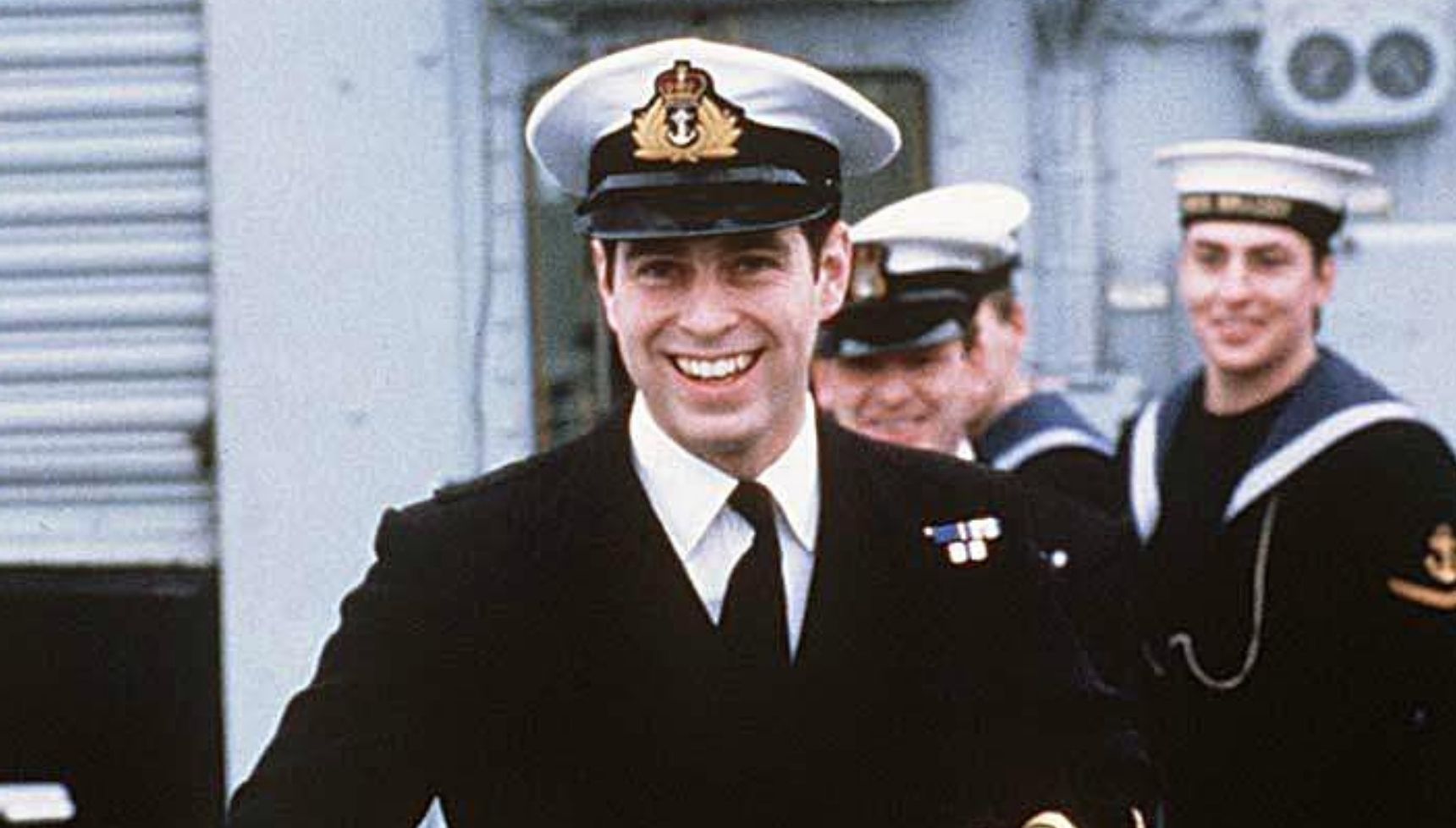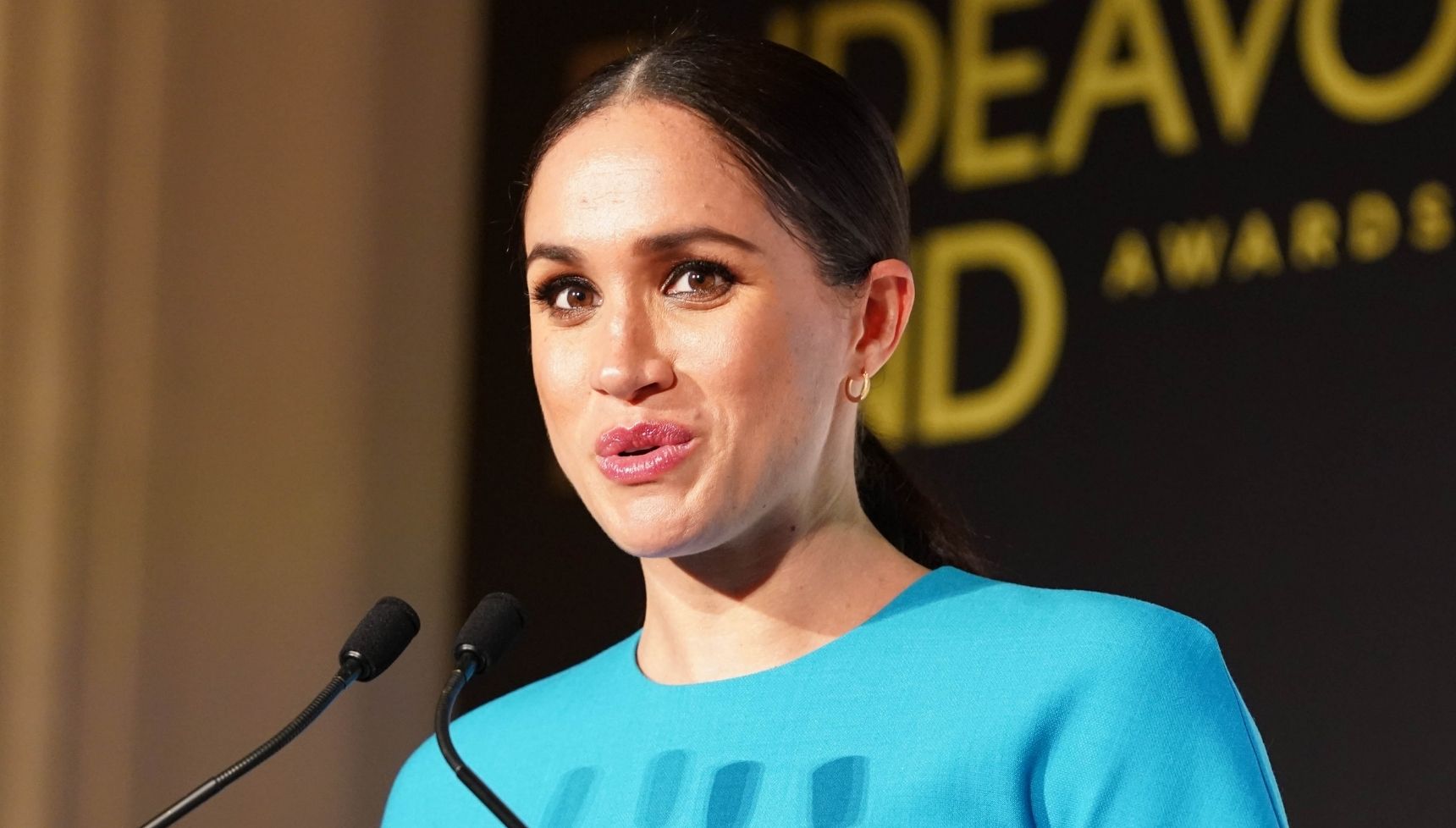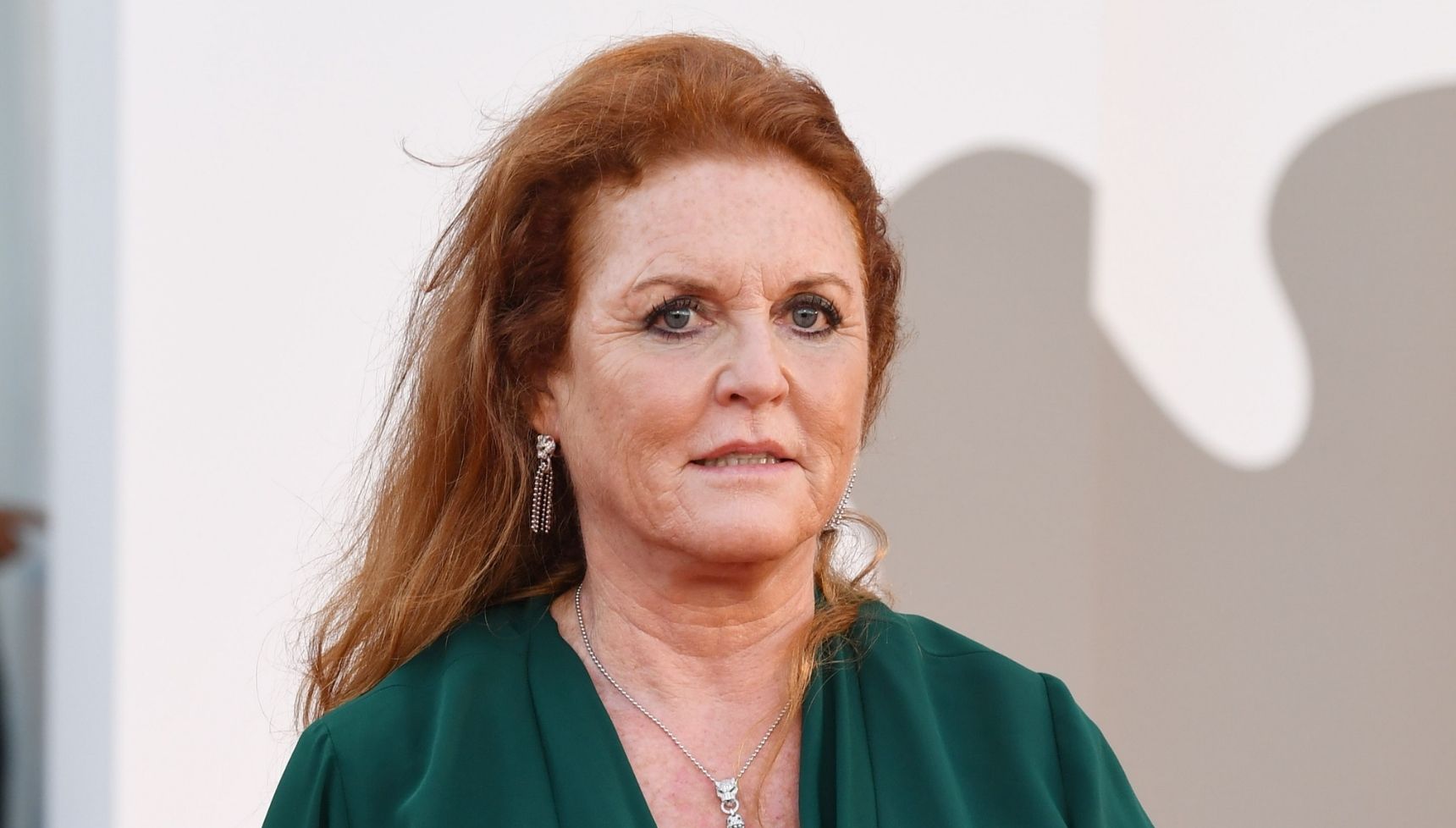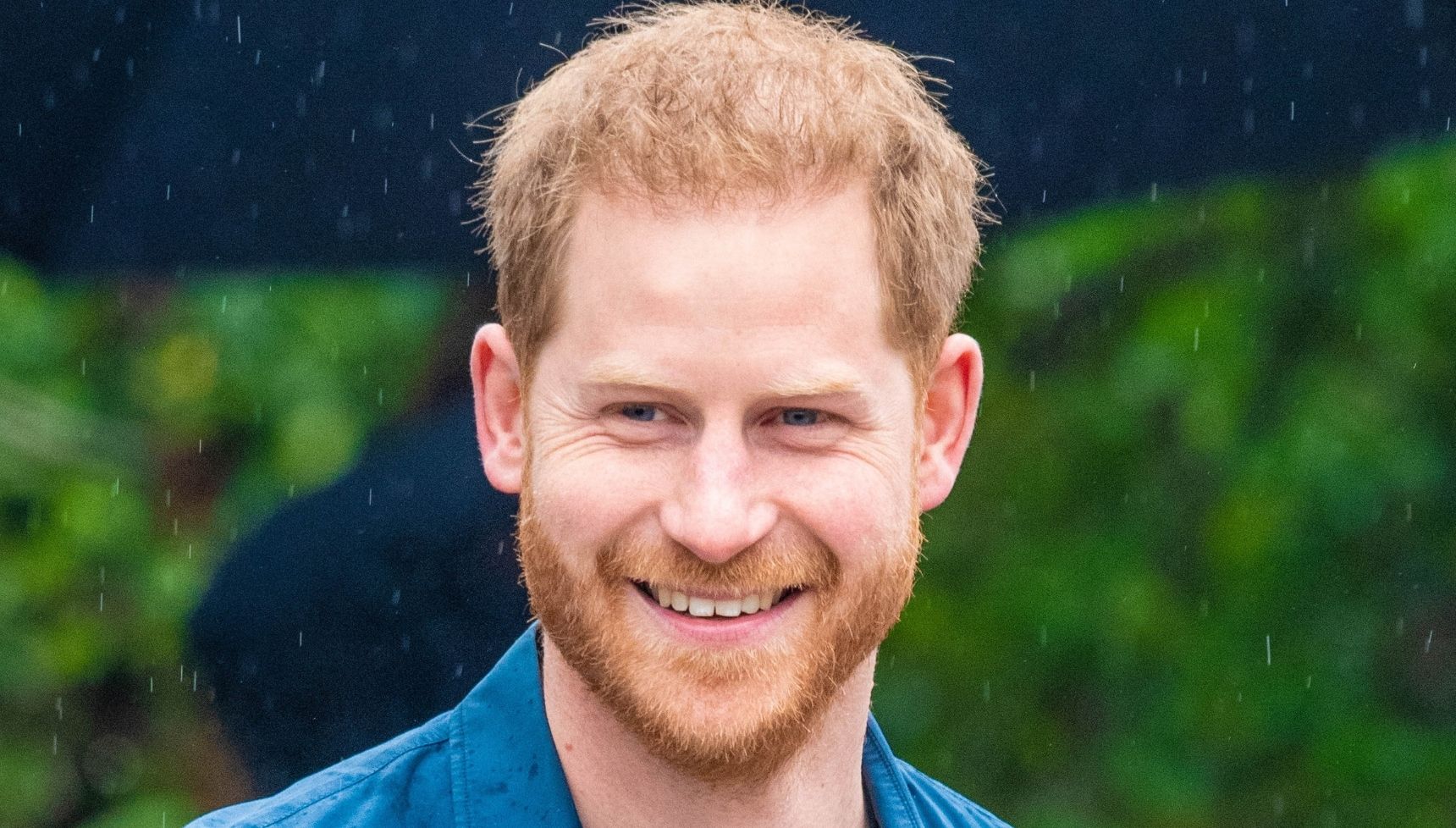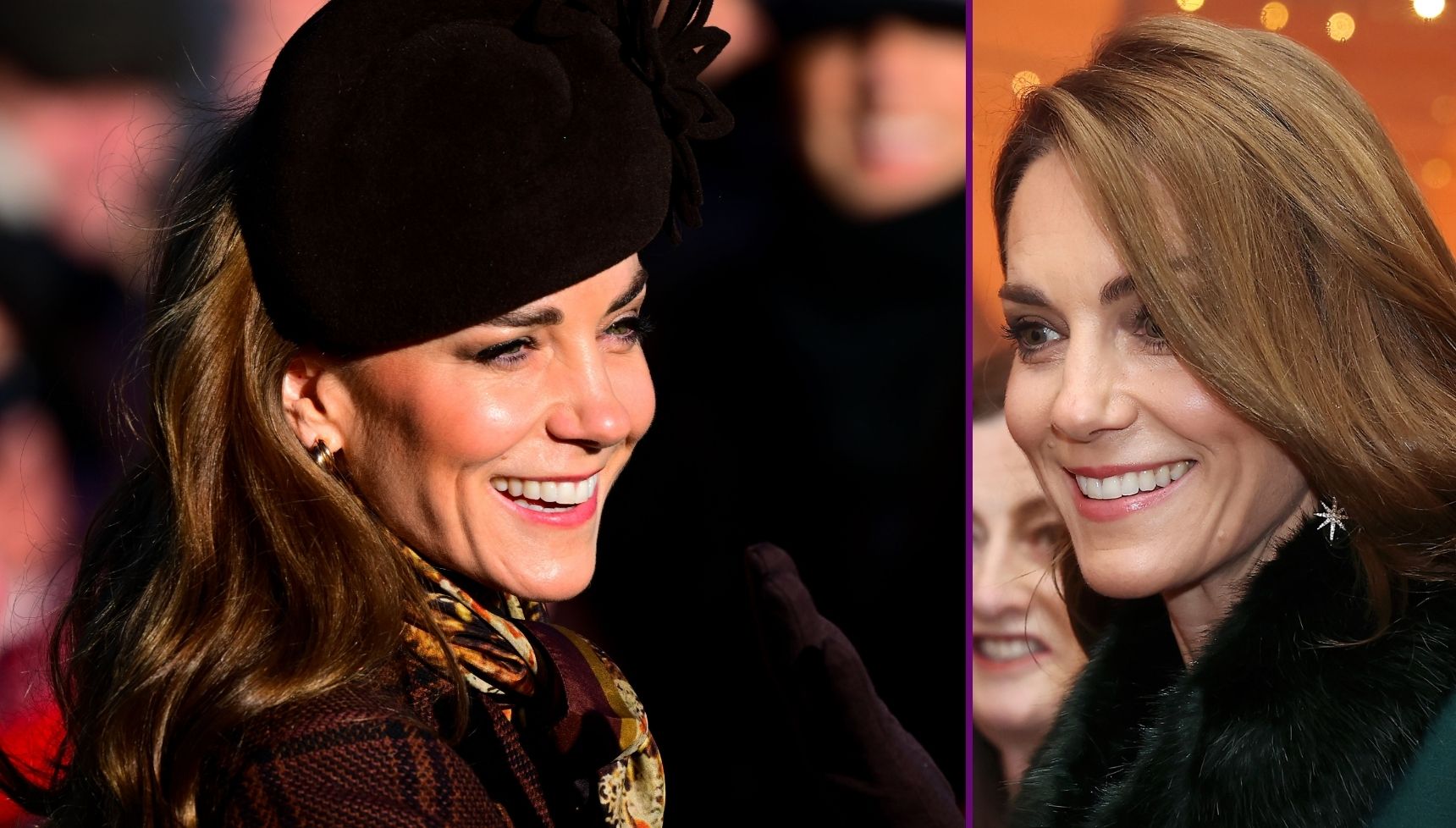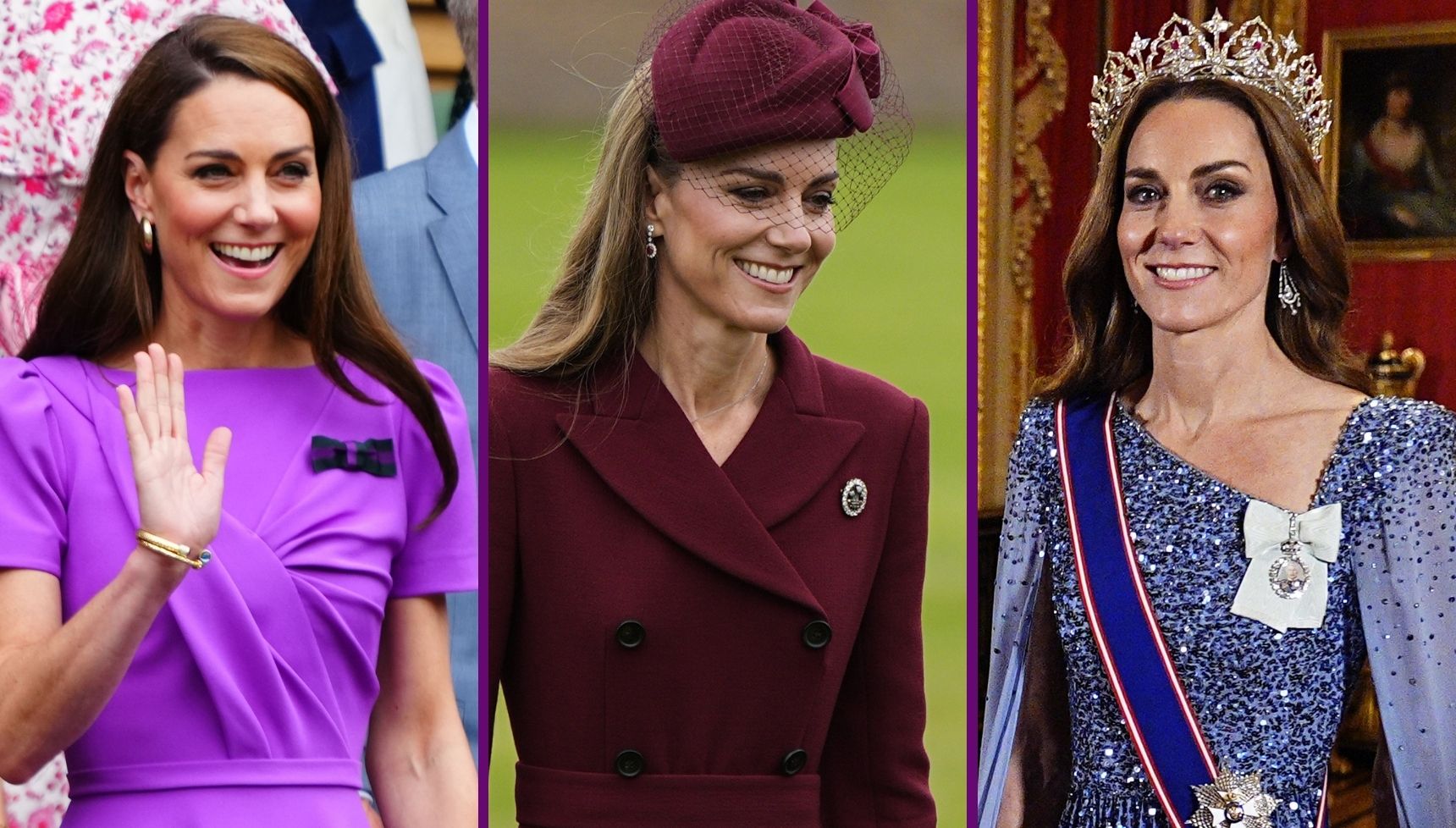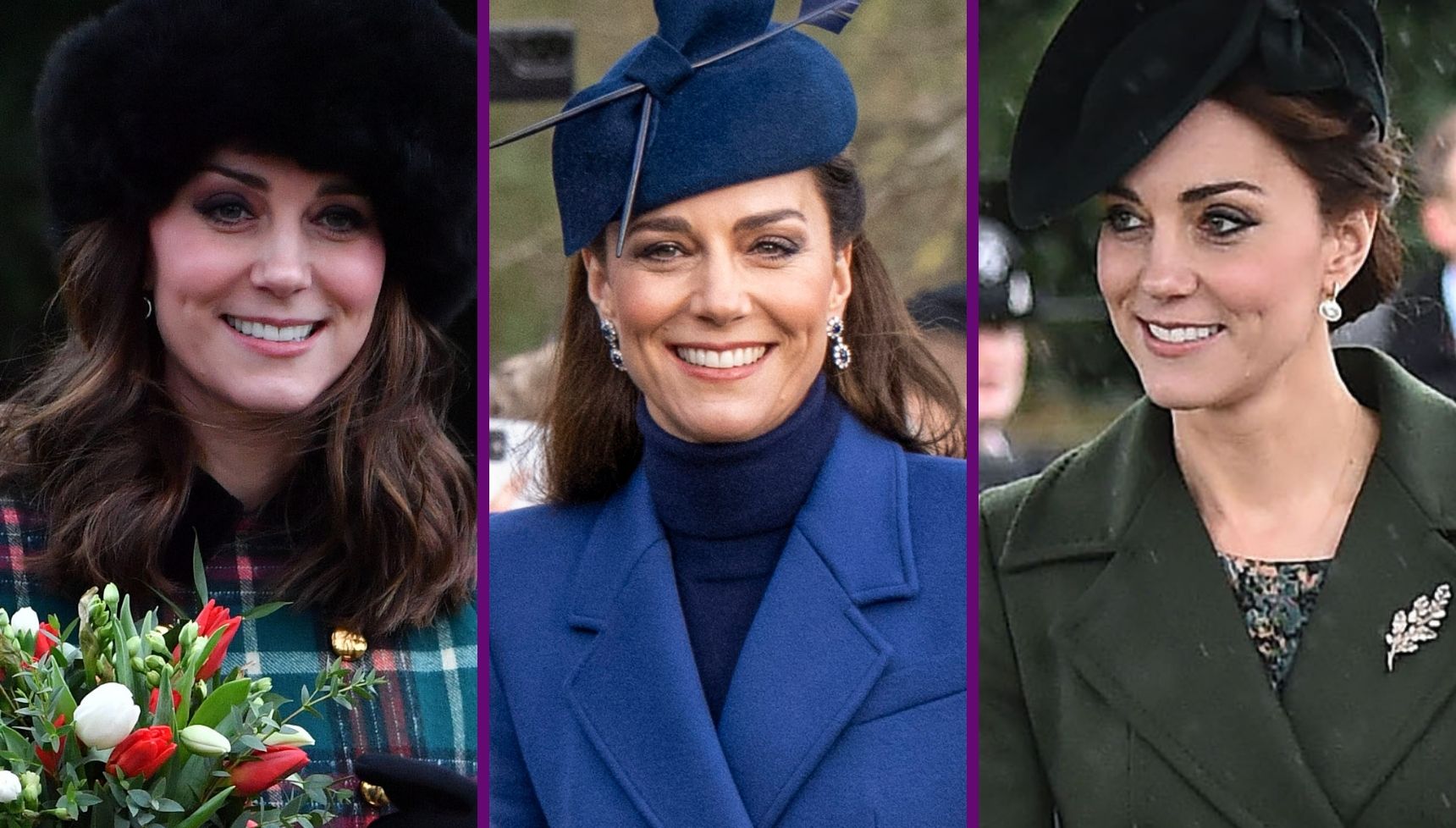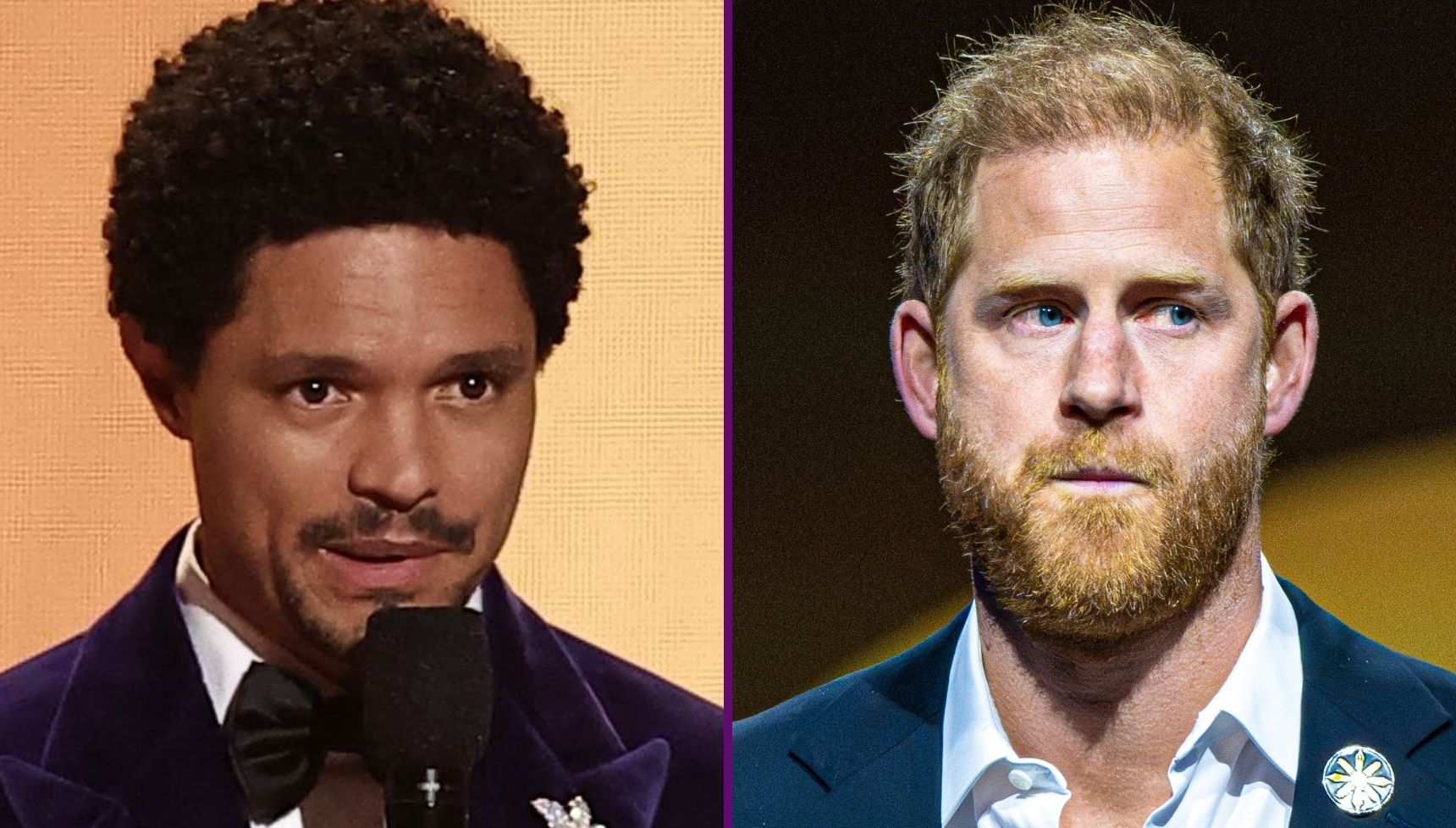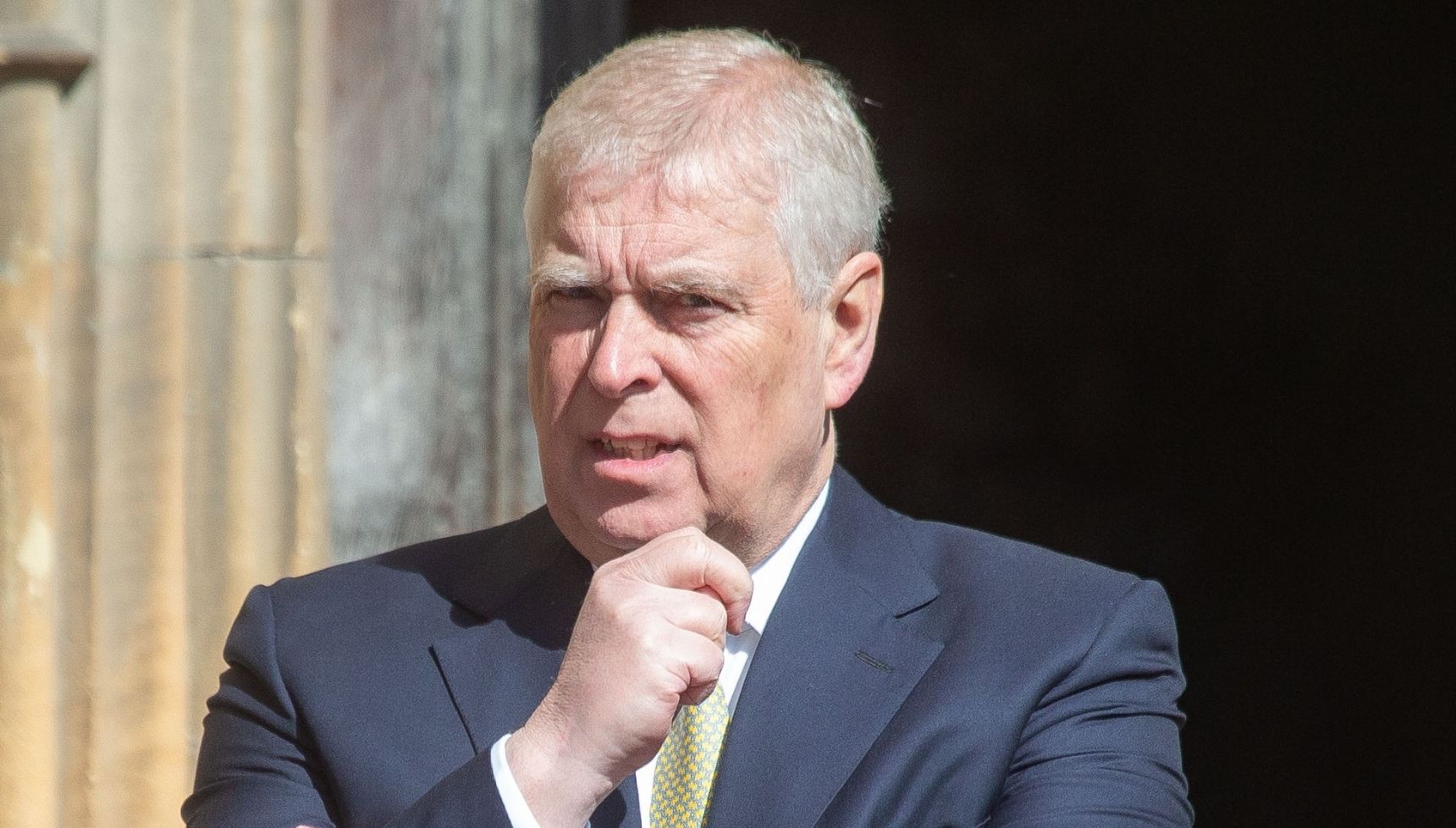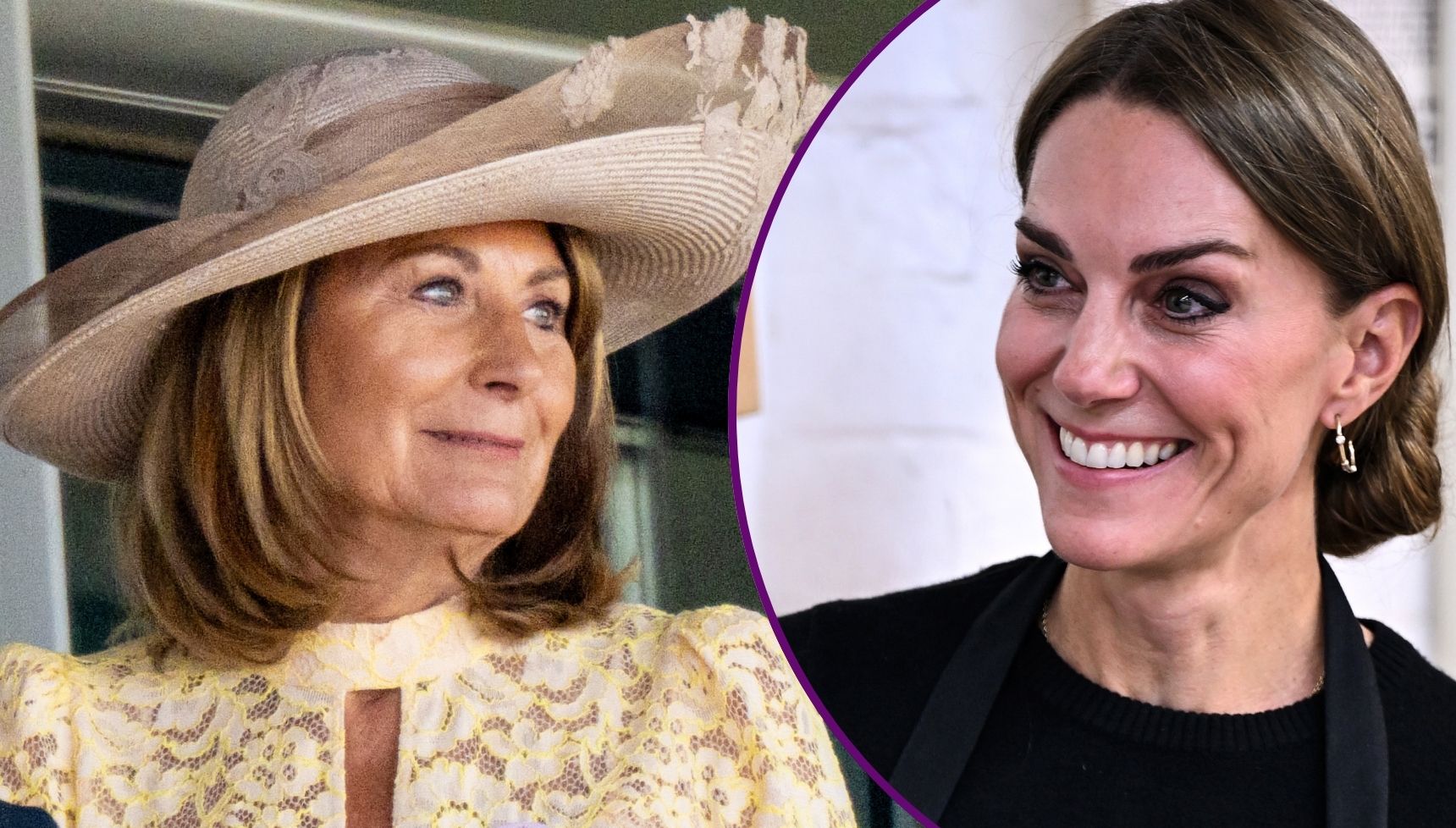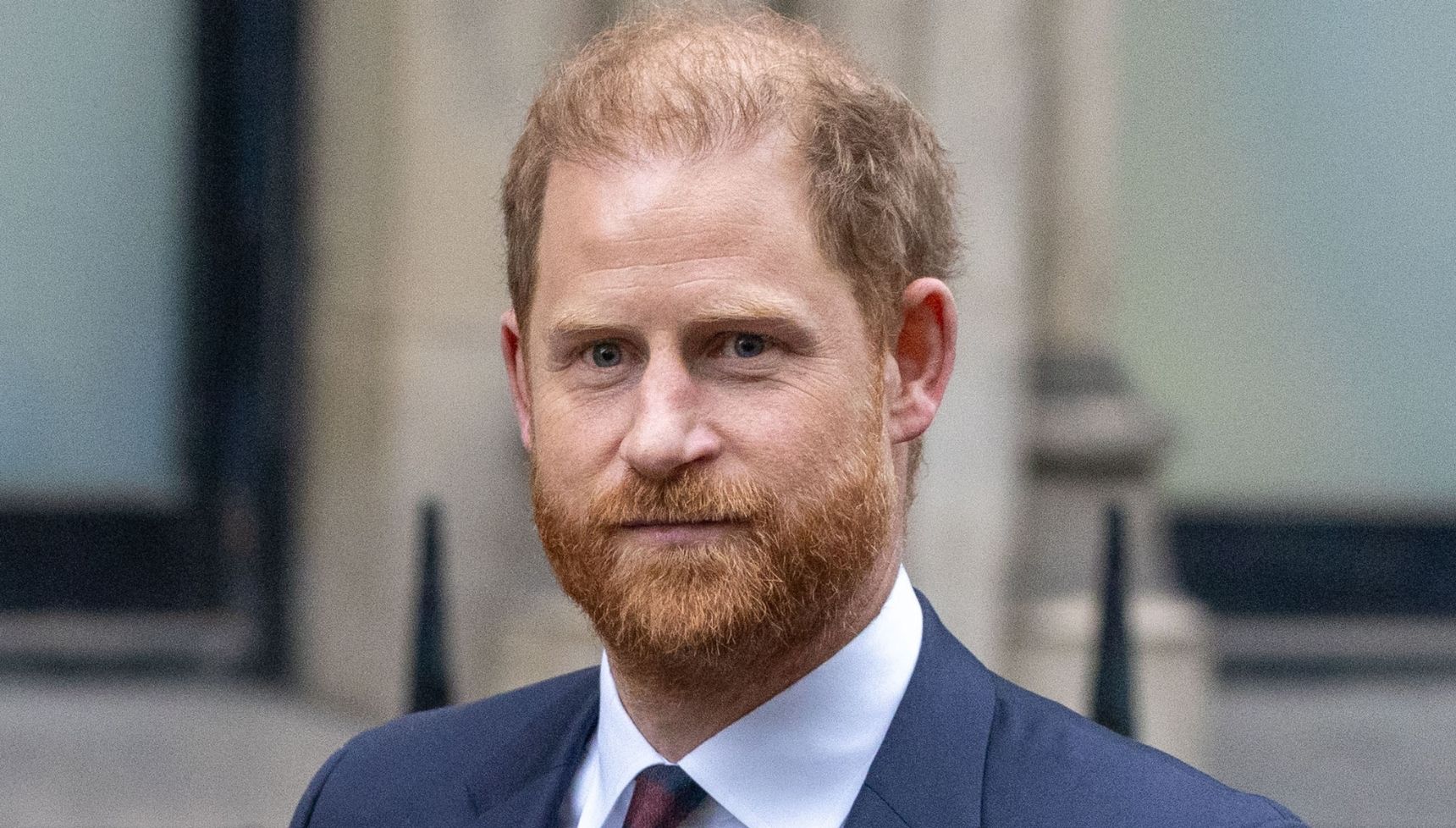Inside Prince Andrew's military service as he's set to lose final title
Andrew was made vice admiral in 2015Andrew Mountbatten Windsor, formerly Prince Andrew, enjoyed a lengthy military career before his retirement in 2001 after 22 years of service.
Now, as he looks set to lose his final military title amid the scandal he faces, we take a look back at his military service…
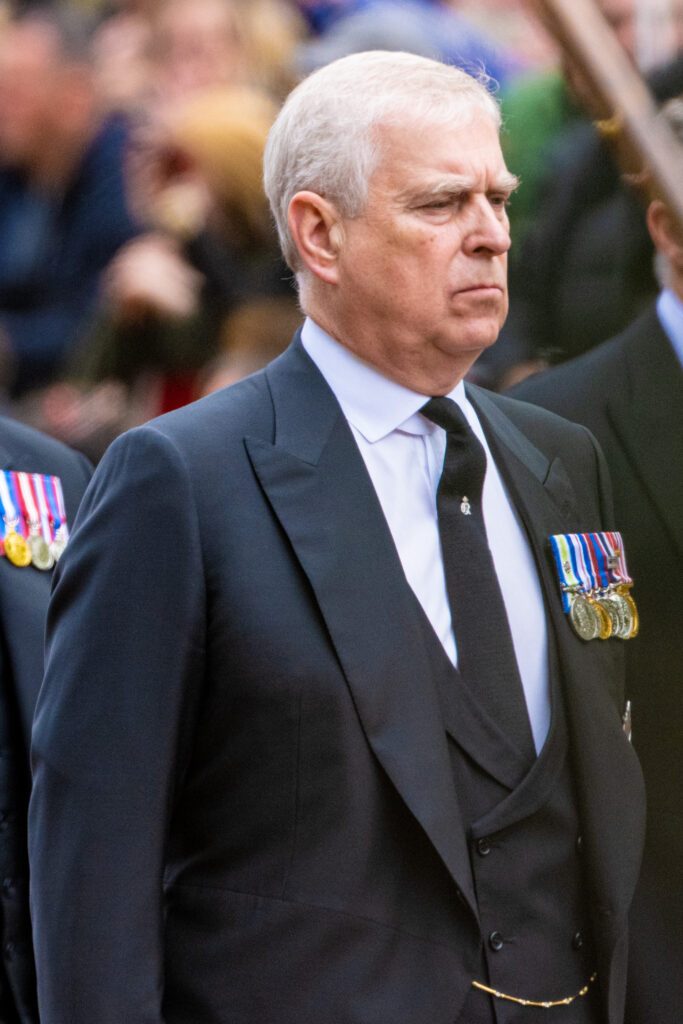
Andrew’s title strip
Last week, it was announced that Andrew will be stripped of his royal titles amid ongoing controversy surrounding his association with late convicted sex offender Jeffrey Epstein.
Andrew also faced sexual assault allegations, which he has always vehemently denied. The late Virginia Giuffre alleged she was made to sleep with Andrew in the early 2000s when she was 17, after being trafficked by Epstein.
The former Duke of York will now be known as Andrew Mountbatten Windsor, and will move out of Royal Lodge.
Now, it’s been reported that Andrew will lose his final military title. The disgraced royal had kept his rank of Vice Admiral after losing his other military titles in 2022. However, defence secretary John Healey has claimed that the king is set to strip his brother of this title too.
“This is a move that’s right, it’s a move the king has indicated we should take and we’re working on that at the moment,” he said on the BBC’s Sunday with Laura Kuenssberg.
Royal author Valentine Low said that the move will be yet another “blow” for Andrew.
“Royals, and particularly Andrew, are very proud and determined to hang onto military titles,” he said.
“It seems the king is intent on taking absolutely everything away from his brother. It’s a flinty-eyed ruthlessness he’s displaying.”
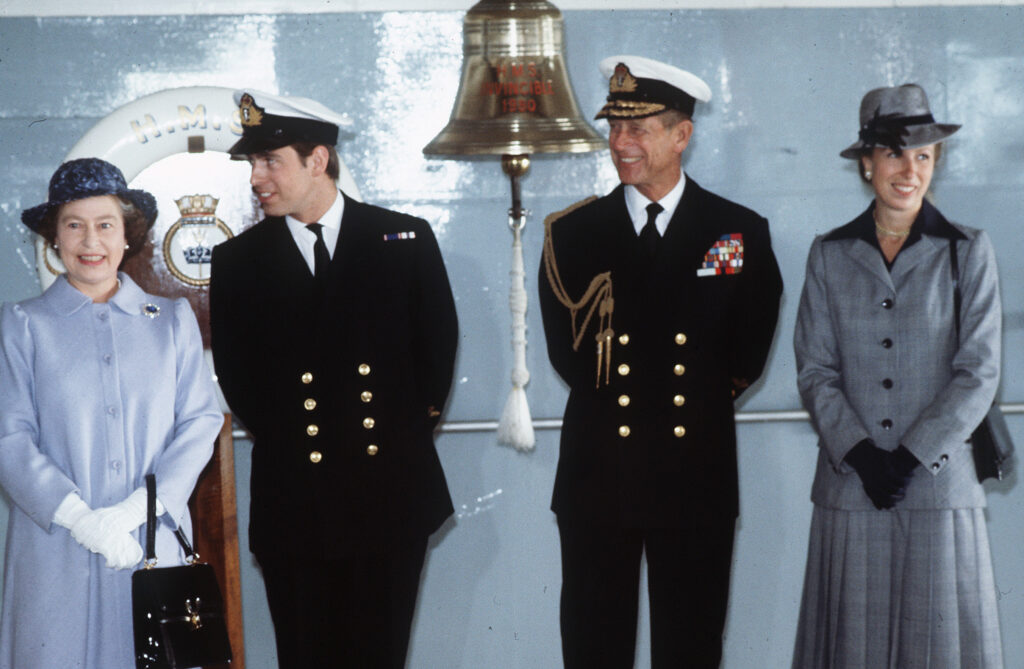
Andrew’s military career
Andrew began his career in the military in 1979, when he entered the Britannia Royal Naval College (BRNC), Dartmouth, to train.
Andrew completed the course in 1980. He then underwent pilot training in both helicopters and fixed-wing aircraft. He received his pilot wings in 1981.
In 1982, as a Royal Navy sublieutenant assigned to the HMS Invincible, he flew helicopter missions during the Falklands War.
As co-pilot of a helicopter during the war, he took part in search and rescue missions, anti-submarine warfare, evacuations, and acted as a decoy to divert enemy missiles from the task force.
This was all as a 22-year-old and, at the time, second in line to the throne.
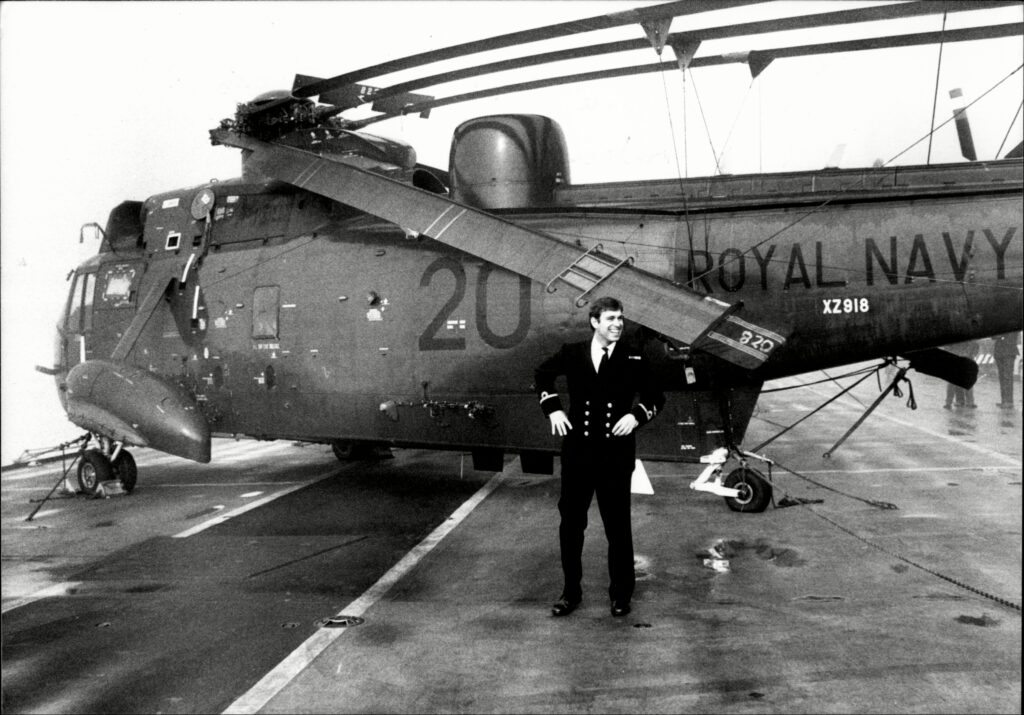
Andrew ‘almost died’ during the Falklands War
Speaking back in 2012, Andrew opened up about a moment when he was nearly killed during the war.
His near miss came on May 25, 1982, when Argentine war planes attacked the British Task Force fleet.
“My most frightening moment was during the attack that involved the Atlantic Conveyor and ended in her being hit and having to be abandoned,” he said.
The pilots began to climb after being warned of an incoming aircraft. It was while flying above the battle that one of the Task Force ships fired a chaff shell towards Andrew’s Sea King helicopter.
“The shell was fired by chance in our general direction and for a moment it was on a steady bearing, which meant it was going to hit us,” he said.
“There was a moment of panic, and I had the adrenaline rush of a lifetime. Thankfully, it passed in front of the helicopter.”
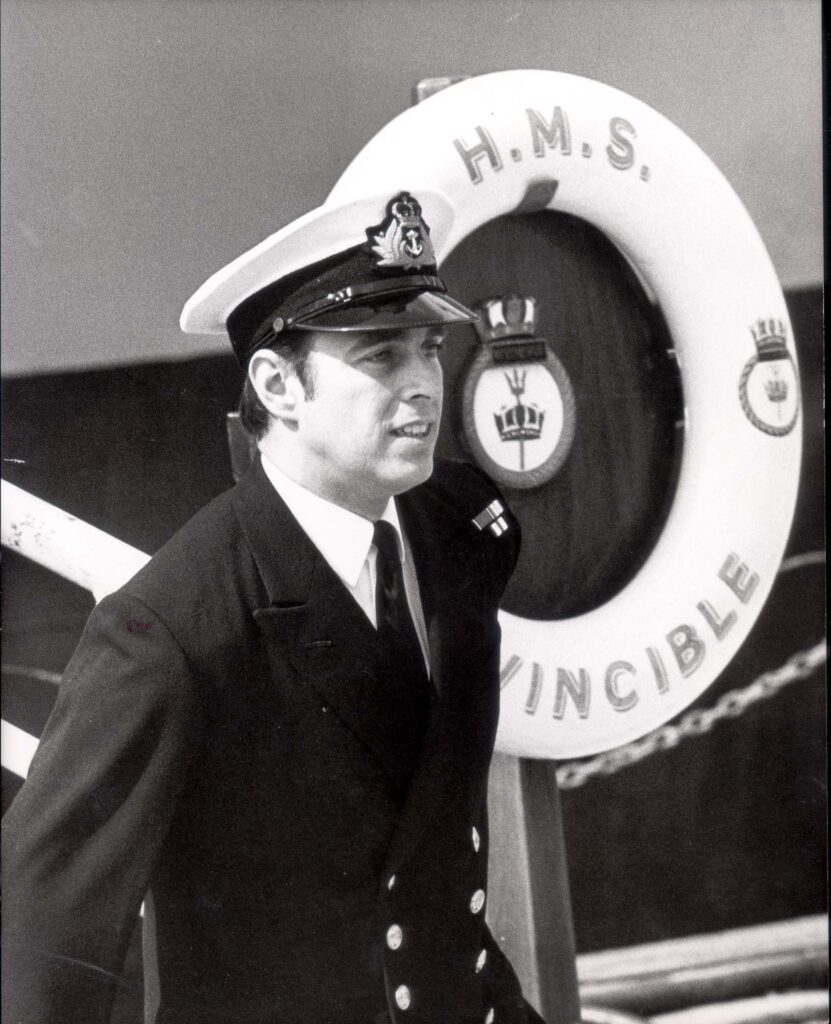
After the war
After he returned to the UK following the war, Andrew remained on active duty in the Navy.
Most of his service post-Falklands was in naval aviation.
However, between 1993 and 1994, he commanded the HMS Cottesmore, a mine countermeasures vessel.
In his last few years of service, he worked in London for the Ministry of Defence and the Royal Navy.
He retired in 2001 with the rank of commander. However, he maintained his naval affiliation and managed to reach the honorary rank of vice admiral in 2015.
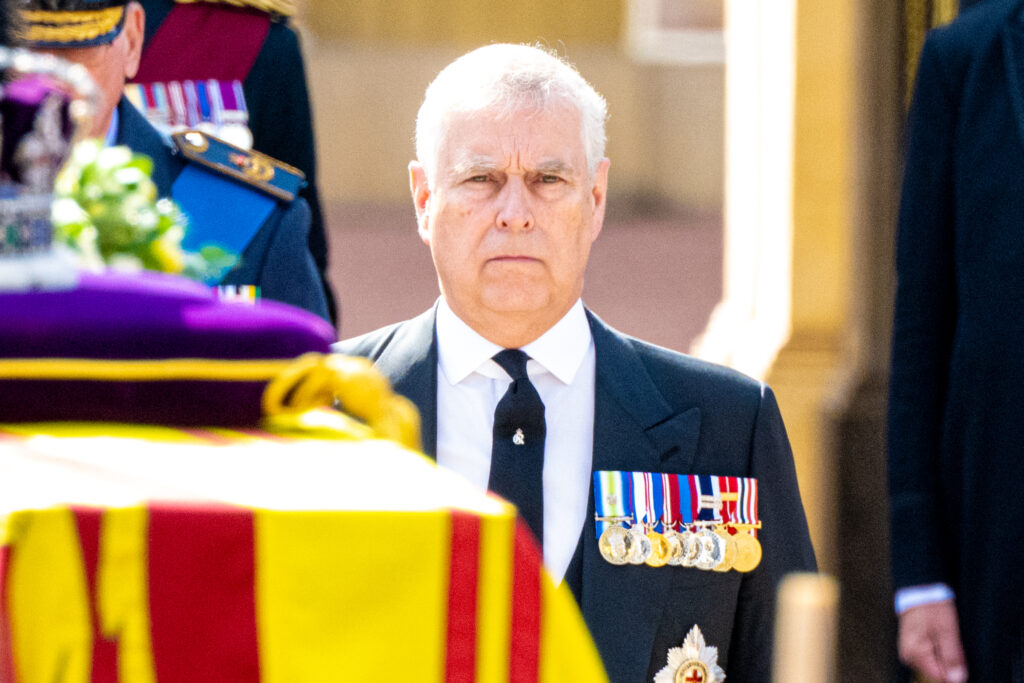
Loss of military titles
However, in 2022, three years after stepping back as a working royal, and in the wake of an out-of-court settlement with Ms Giuffre following her allegations of sexual assault, Andrew’s military titles and royal patronages returned to the late Queen Elizabeth II.
Amongst the titles he lost that day were Colonel of the Grenadier Guards, Colonel-in-Chief of the Royal Irish Regiment, Colonel-in-Chief of the Yorkshire Regiment, and Royal colonel of the Royal Regiment of Scotland, amongst others.
During the queen’s funeral later that year, despite having served in the army and, like Prince Harry, in an active war zone, he wasn’t allowed to wear military garb, unlike his siblings and nephew, Prince William.
Now, three years on, he looks set to lose his last remaining military title.
Read more: Donald Trump ‘feels badly for the royal family’ amid ‘tragic’ Andrew scandal
What do you think? Let us know by leaving a comment on our Facebook page @RoyalInsider.

